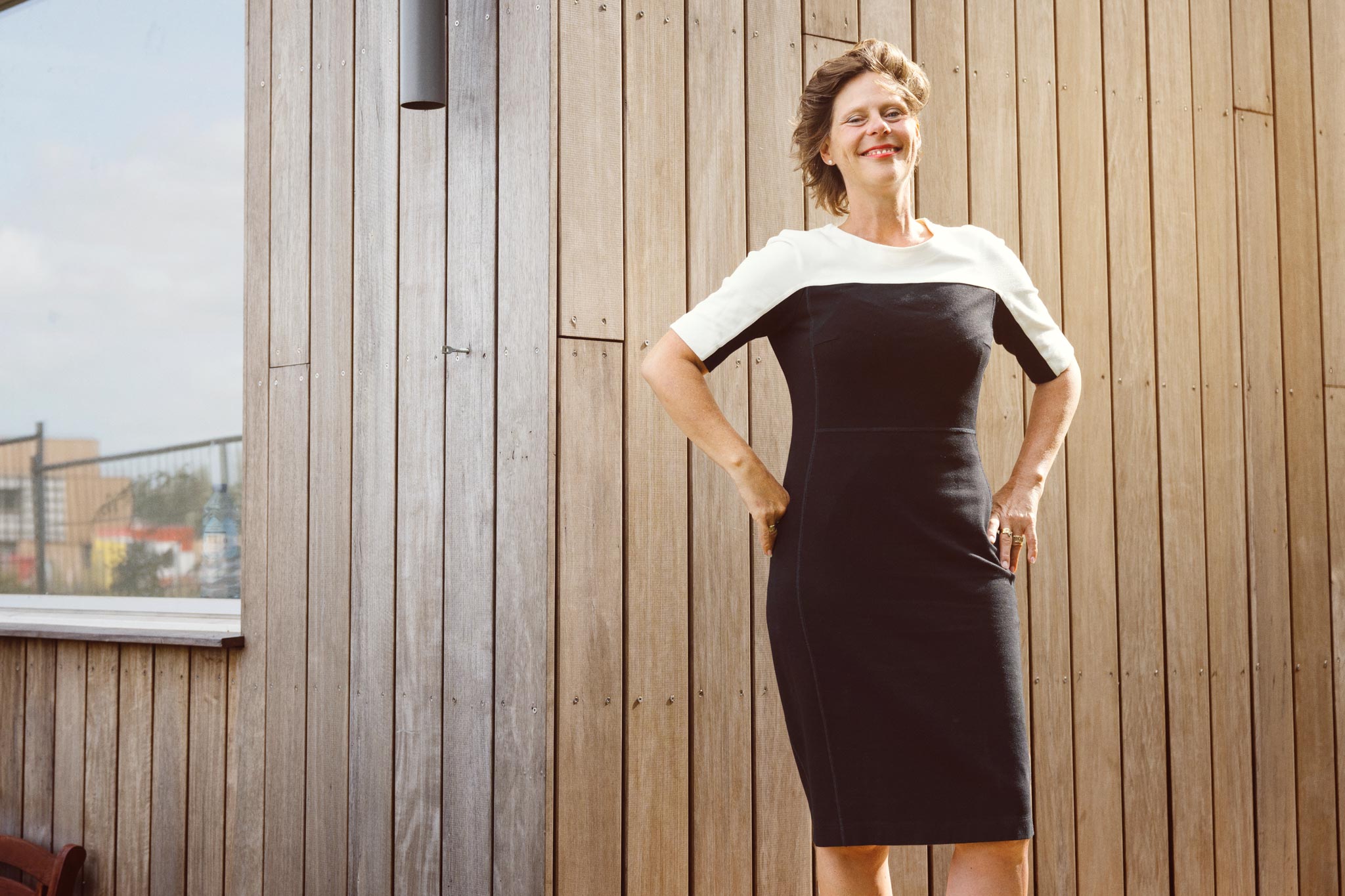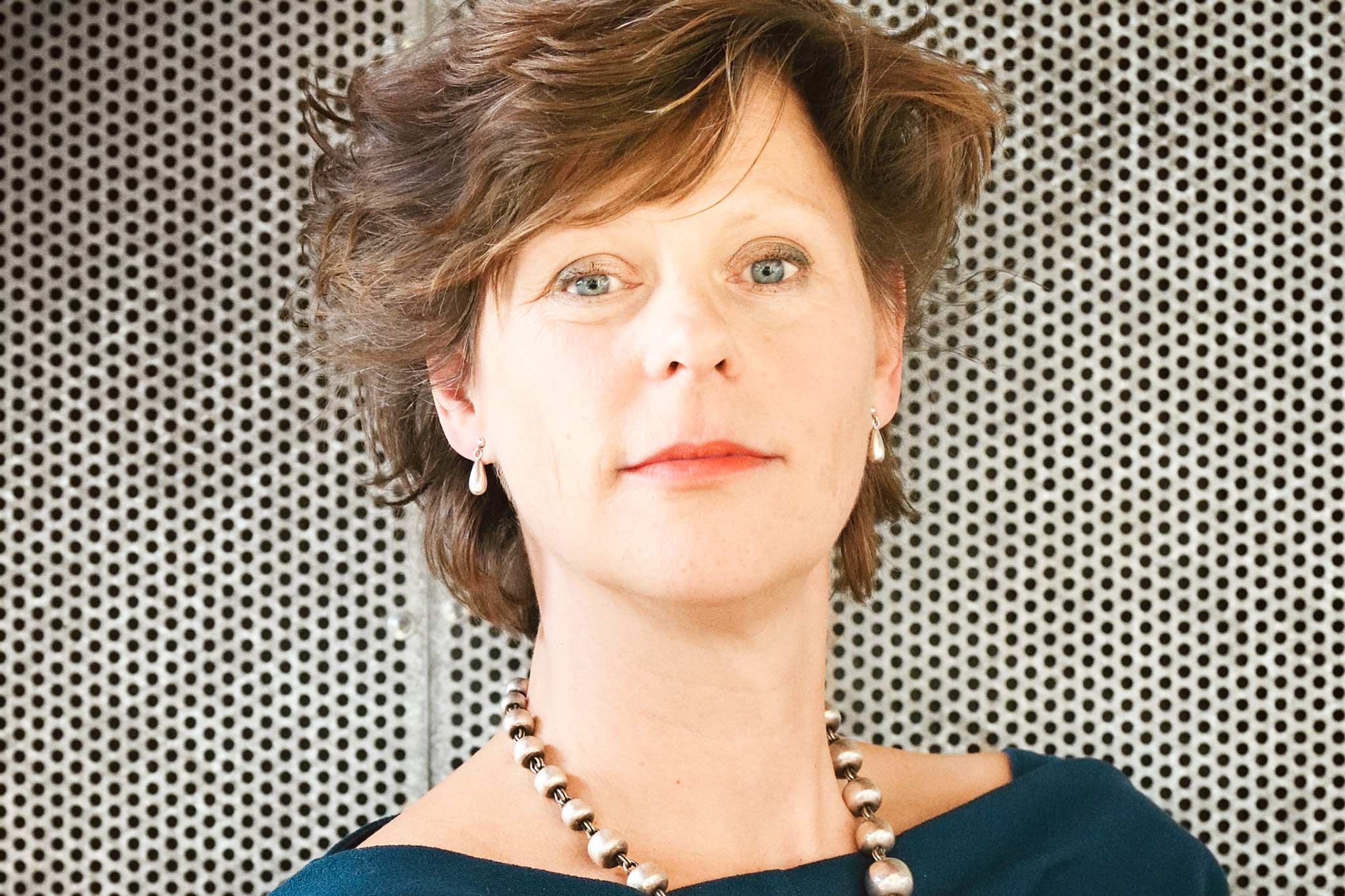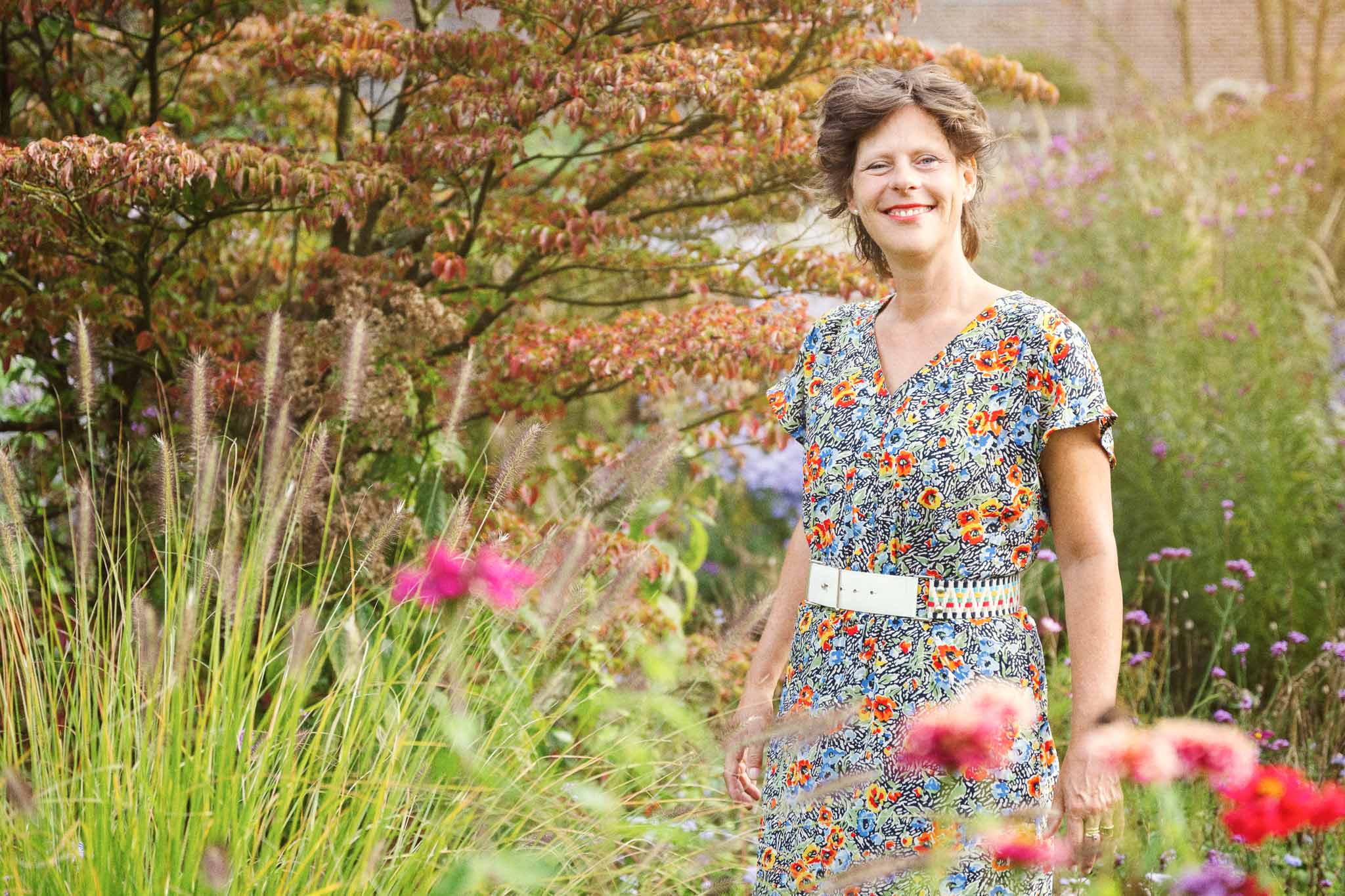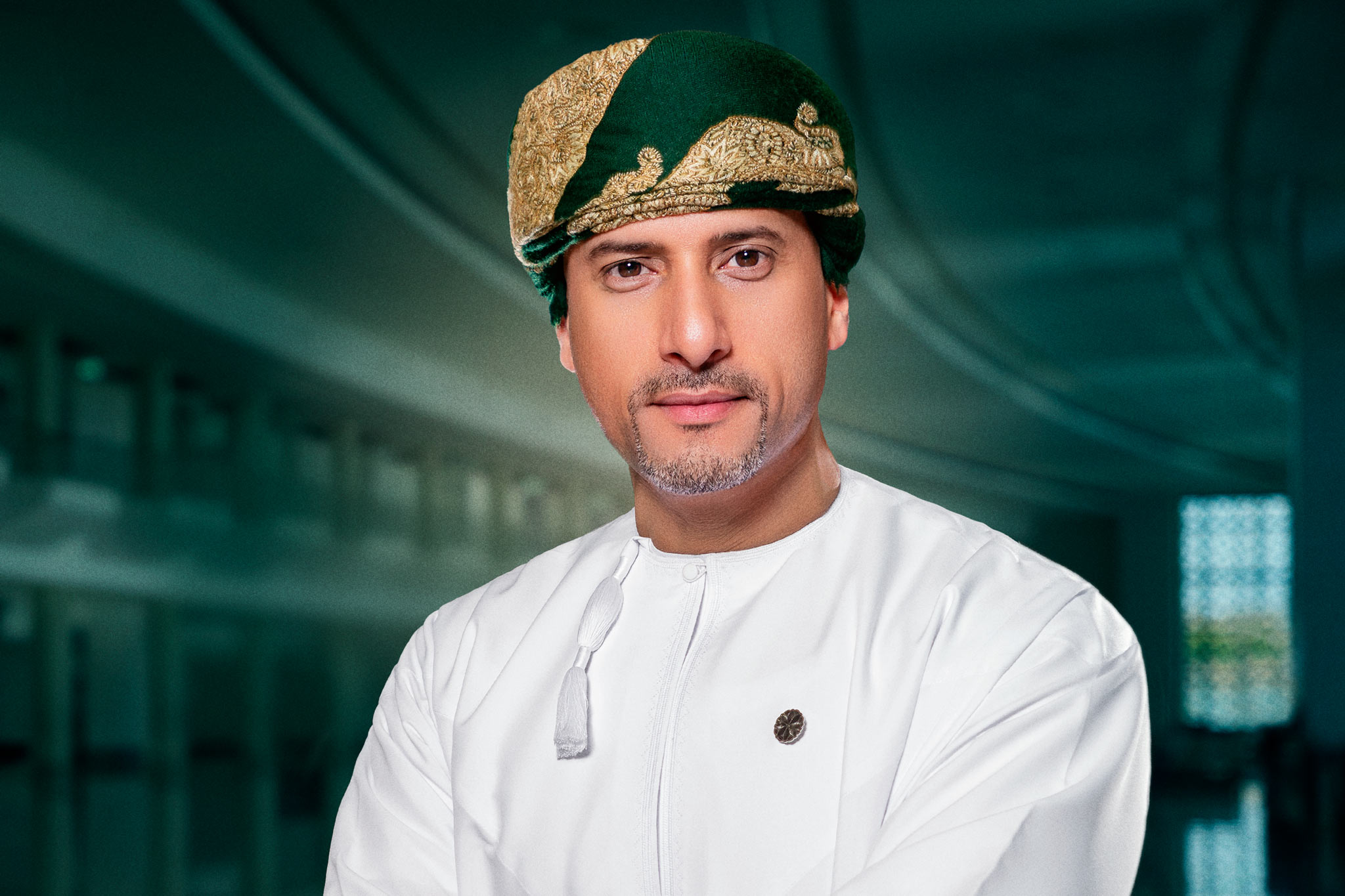In 2019, the Netherlands delivered a new vision for meetings and conventions put together by many people in and outside the industry. Conclusion: The triple helix approach of business events for the nation’s key sectors is essential. By sharing expertise and collaboration on specific topics, the Netherlands can achieve an impact beyond economic growth.
One of the primary objectives of the new vision was to be involved in the customer journey of business event planners for an increased period of time. Better said: from earlier on, and longer. The planners wanted to be involved from the early stages of planning new business events concerning the top sectors in the Netherlands. Business events in which three leading players can be identified: corporate organisations, government, and educational institutes (ranging from universities to other knowledge institutes), namely the triple helix approach. And all this because business event planners believe that congresses are an ideal format to exchange knowledge, which will benefit the knowledge economy within the country.
To map the various forms of cooperation within the triple helix approach, strategist Carina Weijma was appointed primarily because of her network with the high-tech and materials sector, but also because of her knowledge and experience with governmental and educational organisations and the many forms of existing cooperation.
Carina Weijma’s first report was published at the end of 2022. And for 2023, her next role was to build coalitions to forge new initiatives for congresses or other scientific-driven business events. With success, two initiatives came to fruition this year: one event on photonics and another on quantum mechanics. For both events, a moderate amount of seed money was made available to help things get started. The Netherlands has published one report of her findings. The goal is to continue to develop new initiatives like this over the next four years, starting 2024.
According to Carina Weijma, the most important strategic issues for the Netherlands, as an international destination for business events, is to put the focus on meeting people and on personal experience.
“Conventions will be redesigned to provide more relevance to their participants. It will become more important to facilitate personal and random meetings rather than mainly focusing on the substance of a convention or meeting. Events will be on a smaller scale, more informal, more authentic, and spread over more sites. Since meeting people will be key, networking sessions will more often be organised at small-scale venues and in informal settings. In addition, more satellite events and a digital core will be organised alongside main events.”
“Business events can contribute to the development of our country from an economic, social, and ecological perspective”
The second strategic issue is that of personal experience and relevance. Based on the data, programmes will cater much more to the individual needs of the participant. Quality and experience will become increasingly important at physical venues.
“Furthermore, sustainability is also key. Sustainability has already played an important part in the choices made by businesses over the past years. Travel-wise, the consequences of the pandemic have made remote work quite normal. Another important question is minimising the environmental impact. Organisers and participants set higher demands for sustainability during business events, including: travel, accommodation, food, and impact on cities. Events will increasingly aim for claims such as CO² Neutral and Zero Waste.”
Carina Weijma identifies less frequent and shorter events as another strategic issue. She believes it is expected that larger conventions will take place less often and be alternated with more regional satellite and online events. Costs are of the essence, so participants will travel less often.
New value creation is another strategic point. Carina Weijma says that the government and businesses no longer consider merely the economic benefits of business events:
“Business events are a driver for the development of the Netherlands. They can contribute to the development of our country from an economic, social, and ecological perspective. Value creation must be effected intentionally. Sharing expertise and collaboration on specific topics can achieve an impact that extends beyond economic growth.
“We need to ask ourselves: What Dutch topics can be used by our country to benefit the wider world? We believe that opportunities are created by showing what you have to offer. In several fields, the Netherlands may even be seen as a field lab.
“The Netherlands is used to showcasing its strengths abroad, on various exhibition platforms. However, with many topics, we could also showcase, and experience the story and the substantiation thereof, to international visitors back in the Netherlands itself. What are these topics? In what fields do we excel?
“This requires close cooperation between businesses, knowledge institutions, and government, to organise and programme a conference or series of meetings, and to invite international visitors. Where do we show excellent cooperation, and what opportunities do we have for such meetings in our country? The triple helix development of business events for the Netherlands’ key sectors is essential for developing these industries.”
“Sharing expertise and collaboration on specific topics can achieve an impact that extends beyond economic growth”
The main tasks for Destination Netherlands are described in the national vision on tourism: Perspective 2030. Primarily, it aims to make every Dutch person benefit from visitors. Furthermore, Perspective 2030 assumes a changing role of both general and business tourism specifically, a role in which tourism can contribute to all kinds of social issues.
Business events in the Netherlands play a crucial role in achieving this aim. Conferences are an effective way for knowledge institutions, industry, and the government, to put the Dutch knowledge economy on the global map, and they can be used strategically for branding the nation. By hosting an international conference, the host can position the country distinctively, using their knowledge and expertise within their given topic or field. It provides a spin-off for business activity in the Dutch regions where these conferences take place, and consequently, the Dutch economy benefits. It will also strengthen the international reputation they have in mind: a country working on solutions to significant societal challenges, and collectively solving global challenges.
“If we know the need to find solutions together, it will be much easier to ignore one’s interests or pride when working in a triple helix partnership”
“Netherland’s Board of Tourism and Conventions’ (NBTC) efforts are aimed at attracting major international conferences to take place here. These may be conferences in life sciences and health, high-tech systems and materials, water and maritime, etcetera. As such, NBTC is a special organisation with a unique role. There is no other national party that can perform these tasks in this way.”
The essential targets for the Netherlands are: reinforcing economic structures and improving public–private partnerships to boost international business. The country has many trade and knowledge opportunities on topics with solid substance.
“As a trading country, we are used to sharing and propagating knowledge abroad and substantiating the Dutch story. We do this at conference platforms and in cooperation with strong foreign clusters, among others. Such conferences abroad may also result in visits to the Netherlands.”
Last year, NBTC asked Carina Weijma to investigate the organisation’s possible involvement in conferences or meetings in the Netherlands for business, knowledge institutions, and government, the so-called triple helix cooperation. The focus is on topics in which the nation is strong, which can attract international visitors and/or partners, and which are suitable for triple helix collaboration.
“The report I wrote in 2022 contributes, I hope, to the broader national public–private movement in these times of polycrisis, aimed at strengthening the economic structure of our country. Organising a meeting together in the Netherlands for international visitors will encourage parties to form a temporary coalition. We are moving towards decentralised, bottom-up cooperation and the formation of coalitions, as we are moving away from centrally-driven top-down partnerships and traditional industry associations.”
“Conferences are an effective way for knowledge institutions, industry, and the government to put the Dutch knowledge economy on the global map”
It means that various parties will talk jointly on an equal level about economic opportunities for businesses, knowledge institutions, investors, and people who intend to work or study in the country; all of this based on the objectives of business and knowledge sharing, with either for-profit or non-profit expertise. The involvement of a government body means that considerations will include agreements made at the national, official, and/or political level, to enhance society. For example, a speaker from a certain ministry may also be asked to provide the ministry’s views during an event attended by global visitors. And it also means opportunities for residents in concerned regions to provide input, which may be significant, specifically in the district where a conference will be held.
Carina Weijma says it is urgent to consider lateral solution options for the global challenges in sustainability, energy, agriculture, water, agri-food, health and security, and even more so for the Sustainable Development Goals (SDGs). These challenges require a crossover approach to content by various Dutch sectors and governments. The Netherlands should think about systemic changes, and then address these changes from the perspective of innovations and the nation’s role in international value chains.
“It is important for public and private partners to follow both the national and the international directions we have decided on. Working together towards a conference means sharing knowledge nationally, presenting issues to international visitors, building relationships, and increasing market opportunities. At the same time, it will position us internationally. These aspects of crossover cooperation on important topics will ultimately contribute to the Netherlands’ competitive edge worldwide.
“Meetings with international visitors in our country are carriers for a multi-annual public–private process. Moreover, they complement the market development plans of our top sectors abroad. They also force us to work together towards a conference platform to improve knowledge sharing and collaboration on relevant topics, and the process will encourage mutual exchange of know-how and innovation processes within our country.”
The alignment between the three parties, the triple helix, provides a broader support base and debate around an event. The government is less likely to support a purely commercial event, but will be more supportive of a crossover partnership involving several parties, as this means that chances increase that the focus on societal challenges will be worked out by the involved parties. Fields such as sustainability and/or energy, health, climate, mobility, and safety are good examples. Those challenges apply to all parties, both for knowledge sharing and from a commercial angle. It is highly urgent to think laterally about possible solutions for these global challenges.
“Effective cooperation can only occur based on trust and a willingness to put the bigger picture first, rather than your own singular perspective. And this approach is a precondition for your own organisation to reap the benefits of success.”
Organising a conference with international visitors may sound appealing to the government, to top sectors without an implementing organisation, or to individual knowledge institutions. To successfully achieve one, however, it is paramount to make sure that all companies are collectively motivated. And the preconditions for necessary crossover cooperation on key topics, are mutual trust, and a team of pioneers who emphasise the urgency of the mission.
“When the Netherlands consider topics that we are good at, their crossover topics are of particular interest to international business visitors. Our nation is well-suited to capitalise on that. But organising an event, first requires translation into programmes.
“The topics and their crossovers can only be translated into programmes that appeal to foreign visitors if there is cooperation, and mutual trust, between all parties in all involved sectors. Only together do we ensure that a conference or any other type of business event with international visitors can be set up and developed successfully.
“Our responsibility is sharing knowledge to better care for society and our future”
“We have already joined forces around strong Dutch topics such as water, agri-food and energy. This means great potential for crossover business events in the Netherlands, as these topics touch on so many other fields. But it also adds to the difficulty, as so many interests are at stake.”
According to Carina Weijma, to draw up international plans for a conference, it should first be determined what the Netherlands excels at within each given field, whether a budget is available, and more importantly, whether a suitable sponsor has been identified. Additionally, it must also be determined which parties have substantive influence within the fields.
“It is all about becoming aware of how to allow the other partners to shine. And about striving to achieve a higher goal together. We would like to hear more international perspectives in our dialogue during conferences. At the same time, we would love to share Dutch expertise with global visitors about challenges that affect more countries in the fields of climate, energy, sustainability, mobility, health, safety, and so on. As a country, we will never be able to face these kinds of challenges alone.”
From a practical perspective, a regional connection is essential for triple helix cooperation, to decide on a conference with international visitors, draw up a programme, and choose a venue. Having a link to the region is necessary for implementation. This could include connecting roles and knowledge roles of regional development companies, conference organisations, and other parties. Aside from sectoral topics, the DNA of a region itself is also an accelerator for conferences with international visitors. A smaller conference may start in a particular region or with a specific conference organisation linked to the DNA of that region. It may next be expanded thematically to other cities.
On the question of whether there is an established strategic path to building coalitions and forging new initiatives for conferences or other science-driven business events, Carina Weijma replies: “No, there is no single strategic path to forge a coalition. However, there are some experiences to be shared. One of these is having a common theme, such as human-centred AI, and other previously mentioned experiences shared a common idealistic higher purpose. If we are aware of the need to find solutions together, it will be much easier to ignore singular interests or to swallow our pride when working in a triple helix partnership. The goal is to make the cake bigger, together.
“A good conference emerges from substantive themes and motivations of business and knowledge institutions, and the best opportunity to find possible solutions for today’s major societal challenges is to achieve crossover cooperation. The greater the Netherlands’ scientific expertise, topical know-how and collaborative spirit is, the greater the chances are of successfully making connections between topics and their crossovers in order to tackle societal challenges together. And, by extension, the greater the chances are to attract international visitors to business and knowledge events here in the Netherlands to exchange ideas. Our country’s positive image increases our international appeal.”
Carina Weijma has a role as a coalition builder. She prefers to align with substantive partners, in particular those who promote the NL brand of the Netherlands, and key sectors and regional stakeholders on a promising crossover topic to which international visitors are invited.
“I like to work with committed triple helix partners to develop a business case and to contribute to organising a business event here. It may be on a national level, but may also be regional. It is good to collaborate with triple helix partners, to encourage the development of a business case for organising a business meeting on a mission-driven topic in which the region is a strong performer and wishes to create a distinct profile.”
With the triple helix approach in mind, what strategic initiatives can the Netherlands’s Board of Tourism and Conventions take regarding sustainability and business events?
“The best opportunity to find possible solutions for today’s major societal challenges is to achieve crossover cooperation”
“The following initiatives could be deployed on four levels with regards to sustainability, with NBTC in a coordinating role:
At the event level,a positive impact can be achieved by smart choices as organisers aim for classifications such as Zero Waste and CO² Neutral, to achieve zero-climate-impact events.At the city level,we talk about events as a sustainability driver for cities. Business events may be used to solve urban issues, such as making use of empty office space, making investments in high-quality public transport, or improving the sustainability of the hospitality industry.At a national level,more sustainable events helps enhance and solidify our nation’s position as the sustainable frontrunner.At an international level,we discuss what our country is doing well in sustainability. The Netherlands is an example of international ambitions. Our nation is ambitious in sustainability. Our events can set good examples for the international industry.”
When discussing legacy and business events, the NBTC considers legacy from both a short-term and a long-term perspective. Carina Weijma says it can be about the immediate outcome of a business event as well as the long-lasting impact. A direct outcome could be the economic impact, in financial terms: expenditure per participant.
“The longer-term impact may be that the scientific findings shared at a congress will make a positive contribution to something like healthcare, for example. Other factors enhance longer-term impact after the conference, but even longer-term processes begin in the run-up to, and during, the event.”
When looking to the future, Carina Weijma mentions three main aspects that define how NBTC can find its ideal form for creating value: A truly global outlook, big-picture perspectives on emerging trends in the business events landscape at large, and the ultimate goal of providing leadership and guidance for the successful and sustainable development of their respective home markets and all stakeholders. By combining all three aspects, NBTC will put itself in a key position to shape the transition of the business events platform to the next generation. Based on these essential factors and goals, the future NBTC can be described in four elementary roles: strategist, facilitator, expert, and communicator. Also, Carina Weijma believes it will be possible for the Netherlands to be present at the cradle of new initiatives.
“I would like to raise a somewhat philosophical idea, returning to my penchant for reflection and objectivity. By working internationally and exchanging knowledge, we learn from others. We, the Dutch, are not the worldwide criterion by which to assess others. We are not always the best of class. It is precisely by experiencing other cultures and learning about them that we achieve a more detailed picture of who we are, how we operate, and what mistakes we make. Together, we are always better than alone. While a high position on the innovation rankings internationally is interesting with regards to economic growth, not everything is about increasing economic growth.
“Our responsibility is sharing knowledge to better care for society and our future. For example, to take care of the earth together to find possible solutions as a triple helix concerning rising sea levels, global warming, and fossil fuel depletion. It is about contributing together, as a wide range of countries, to the future of our children and their children’s children. That is why I, from the Netherlands, like to share the knowledge required at events with international visitors. Both for the economic and for the societal perspective.”









